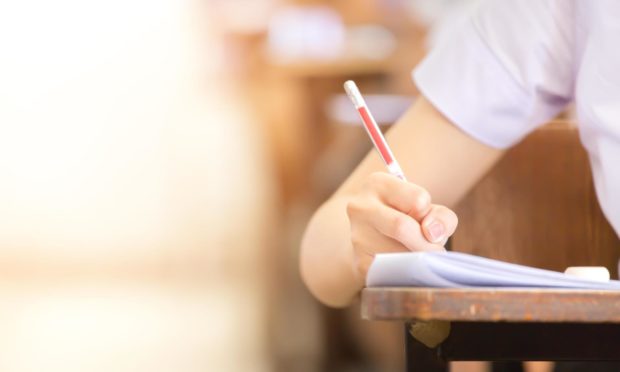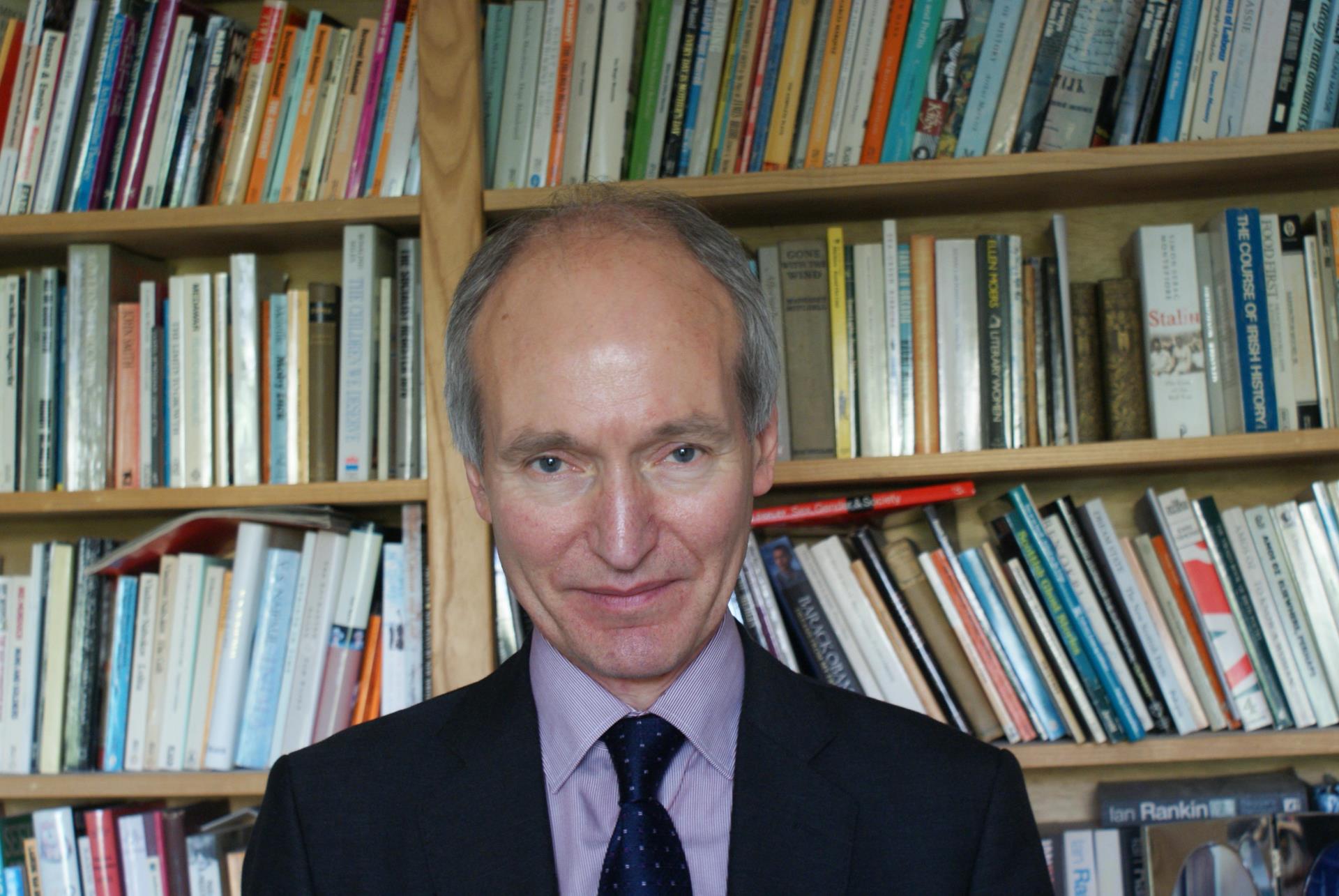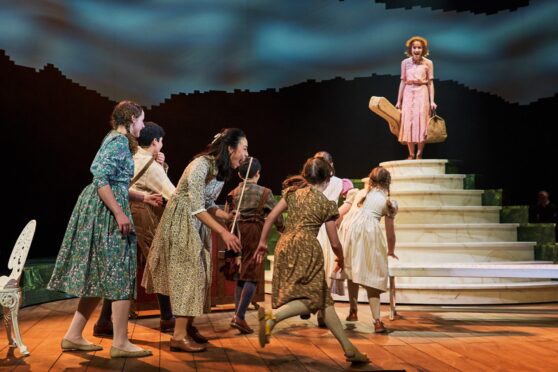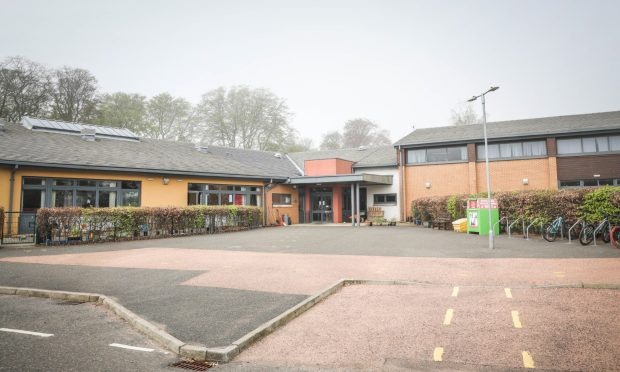Young people sitting ‘pseudo-exams’ during the weeks to come could be disadvantaged for decades, an education expert warns.
Lindsay Paterson, education policy professor at Edinburgh University, predicts chaos over what he reckons will be a “very stressful” final term of this academic year.
But he says “lost learning” rather than the grades to be awarded is his biggest worry for this year’s school leavers going on to further and higher education or work with gaps in their knowledge.
Prof Paterson also says it was “very unfair” to foist assessments, which he says are like exams but without study leave and adequate time in between, on pupils told last year that their exams were off.
He said: “The whole situation over the next few weeks is going to be very unsatisfactory.”
Exams for National 5s, Higher and Advanced Highers are cancelled for a second year due to the pandemic and grades will be determined using an alternative certification model which will see assessments conducted by schools and colleges this term.
Anxiety about assessments has been voiced by pupils who learned at home from January to the Easter holidays, with a petition by Dundee schoolgirl Deni McGurty gathering almost 8,000 signatures.
Last year anger over downgrading of results by the Scottish Qualifications Authority led to an apology from First Minister Nicola Sturgeon and marks affected being restored to teachers’ estimates.
But Prof Paterson says the situation is “in some ways even worse” this year than last, when most coursework had been completed before lockdown in March.
As well as learning remotely for the first three months of this year, many pupils lost time in school last year due to Covid illness or isolating.
Prof Paterson said: “There’s been a lot of lost learning and that’s the major problem faced by young people this year, the amount of disruption to their actual learning.”
Teachers have been instructed to teach only parts of the syllabus, he explains, and use exam papers downloaded from the SQA website.
He said: “In the short term the assessment criteria has been altered so they [pupils] won’t probably be disadvantaged by that but in the longer term there are certain things they should know but they won’t know because no one taught them it.
“They will go on to the next stage – college, university, getting a job – and they won’t have the kind of knowledge that their predecessors would have and hopefully their successors will have.
They won’t have the kind of knowledge that their predecessors would have…”
Professor Lindsay Paterson
“So that’s a major disadvantage that will stick with them for some time.
“Some people don’t go on to college or university and it will stick with them for many decades because they won’t have any further educational opportunities after school.”
Universities and colleges, he predicts, face a big task in assessing what learning new students have missed.
While he says grades awarded would take account of limited in-school teaching, he also says they “won’t mean the same” as grades before and after the pandemic.
Exam papers
He concurs with pupils who have called the assessments exams in all but name and worries that pupils will share information about exam papers, benefiting those in schools sitting assessments later.
He said: “Schools will be running these pseudo-exams using the downloaded exam papers to run something like an exam, and of course there’s the problem here that they don’t all have to run the exam on the same day.
“Although students are told you are not supposed to talk about these exams after you’ve done them of course they will – it would be totally naive to imagine they’re not going to talk about it to their friends or on Twitter or so on.”
SQA – Schools ‘know learners best’
The SQA says it has recognises the disruption to learning and has reduced the amount of evidence schools must provide.
It also says schools and colleges know learners best and it is appropriate they deliver assessments which suit their circumstances.
A spokesman said: “We fully appreciate that this is a challenging time for teachers and lecturers across Scotland and we thank them for all their hard work and commitment to their learners. The National Qualifications 2021 Group has co-created this year’s alternative certification model.
“The group has been clear that there is no requirement to replicate a full formal exam or prelim diet this year and that results need to be based on demonstrated attainment by assessment in a flexible way to suit local circumstances.
“SQA has provided a flexible and consistent framework for schools and colleges this year, including detailed guidance, material and support, based on assessment standards that teachers and lecturers are familiar with.”
The SNP has also been asked for comment.
Are you worried about the assessments your child is sitting? Email our Schools and Family team at schoolsandfamily@thecourier.co.uk to share your concerns.











